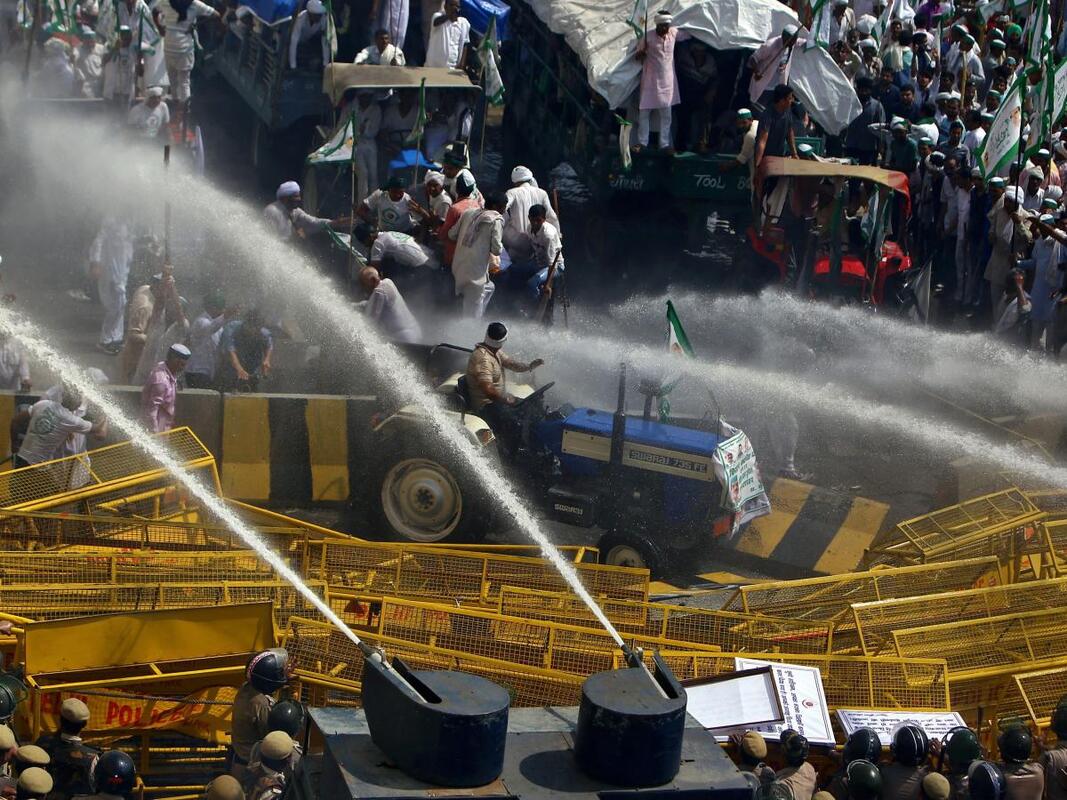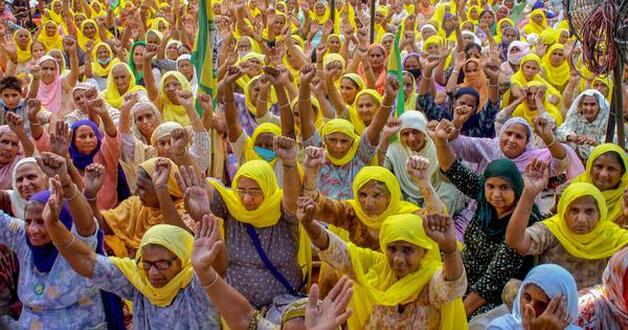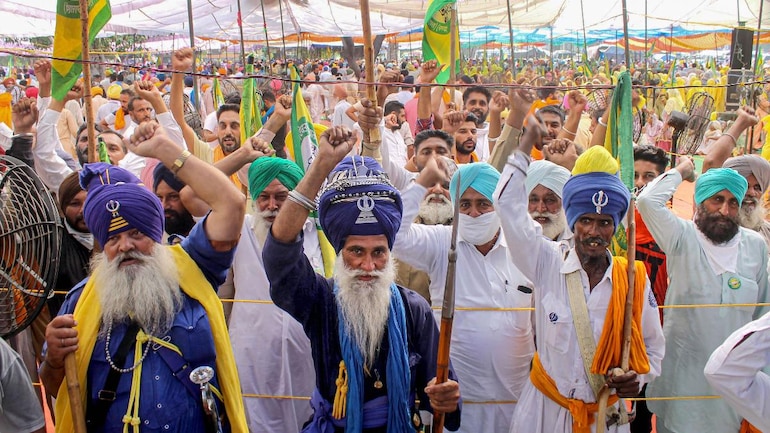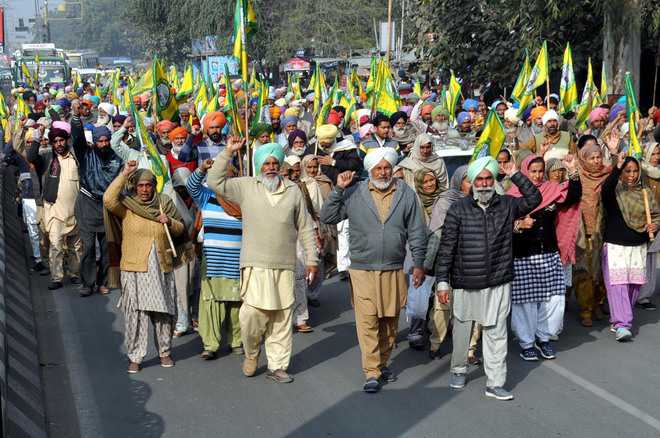|
The farmer's (kisaan) protests in Northern India are reaching a climax, and I'm going to try and summarise a complex movement as simply as possible in 500 words for audiences outside of India that might be curious as many have families back in Panjab that might be affected. Who is protesting?Tens of thousands of farmers from primarily the northern states of India; Rajasthan, Haryana, Panjab and Uttar Pradesh. The protestors cut across religious, cultural, age and gender lines with men and women, Sikhs, Hindus and Muslims all protesting. Why are they protesting?The farmers are protesting against three new bits of legislation that they feel threaten their livelihood. The three pieces of legislation are: The essential commodities bill This gives entities the ability to purchase and stock commodities without violation of hoarding rules - but facilitates the entry of large corporations who will be able to hoard commodities at will to push prices down. The farmers agreement on price assurance and farm services bill This bill provides the farmers the ability to get into a contract with a buyer to grow specific products for a specific price. It means the farmer can effectively plan forward knowing the price they'll get get before cultivation and is well intentioned, but it also requires large negotiating power against the types of big business that will be able to enter the market. Farmer's produce trade and commerce bill This is the big one and it has to do with the Agriculture Produce Market Committee that has been an important part of farming since the 1960s. The government wants to end the monopolies of state purchasers and market places. They want to give the farmers the ability to sell their produce in other marketplaces - which on paper sounds legitimate. However, this will come at the expense of removing the current practice of providing a minimum support price that effectively acts as a minimum wage for farmers. Unlike farms in the west, most farms in Northern India are owned by small families, which means their collective bargaining power with new purchasers is likely to be very small and push prices down to unsustainable levels. Basically, it opens farmers to being exploited by large corporations. It will also result in reduced fees that state governments earns - for example roughly a tenth of all the Panjab government's earnings are made through these market fees. Why are they marching on Delhi?The bill was rushed through with very little debate due to the ongoing coronavirus pandemic. When challenged by farmers, the government refused any right to protest, again citing the coronavirus pandemic which seems to have become the convenient excuse. Rather than allowing protest, the government has responded by closing down state borders, deploying the army, and using water cannons and laathi charges against the protestors. India calls itself the world's largest democracy, and the right to protest is enshrined by law. By refusing the right to protest and rushing through legislation that will change the lives of millions, they have taken those fundamental rights away from the farmers. A society works on a contract; individuals provide for society through work, and society provides back through access to services, and things like shelter and security. When that social contract is broken by one party, then the aggrieved party can step away from that contract and fight back against such as society, which is basically what is happening. What will happen?That's anyones guess. The media has tried to split the protest along communal lines, describing it as a Sikh protest and secessionist movement. It's easy to do as Sikhs are a visible community and tend to fight back confidently when there is a perception of injustice. This is similar to what happened in the late 1970s and early 1980s when the Panjabis who were fighting for the Anandpur Sahib resolution (which looked to stop issues like this current one happening) were labelled as secessionists and terrorists by the government. The approach worked, with Panjabi Hindus removing their support for the document. So far the protests have remained united with no communal fractures. Although Haryana (a Hindu majority state) closed its borders with Panjab, Hindus in Haryana who are also affected by the legislation have thrown their support behind the protestors. There have been clashes, with injuries on both sides - but we've also seen Sikh protestors feeding the very soldiers and agents of the states they are fighting against at the end of each day. The situation in which everyone benefits is one where the government is able to compromise on the legislation providing farmers with a minimum support price and providing some protections against the entry of large corporations. Comments are closed.
|
AuthorBritish Sikh, born in the Midlands, based in London, travelling the world seeing new cultures. Archives
September 2023
Categories
All
|
Photos from Johnny Silvercloud, Nina A. J. G., Michael Vadon, jcorrius, mikecogh






 RSS Feed
RSS Feed